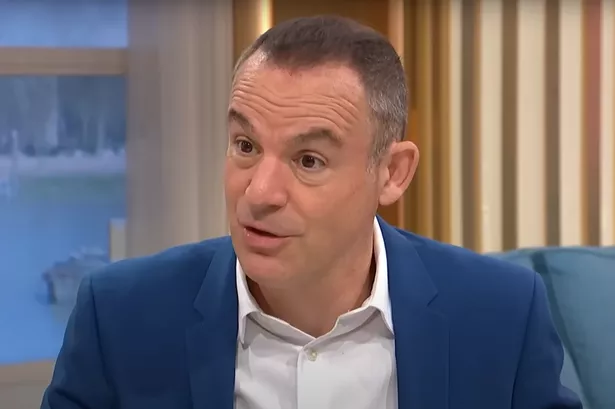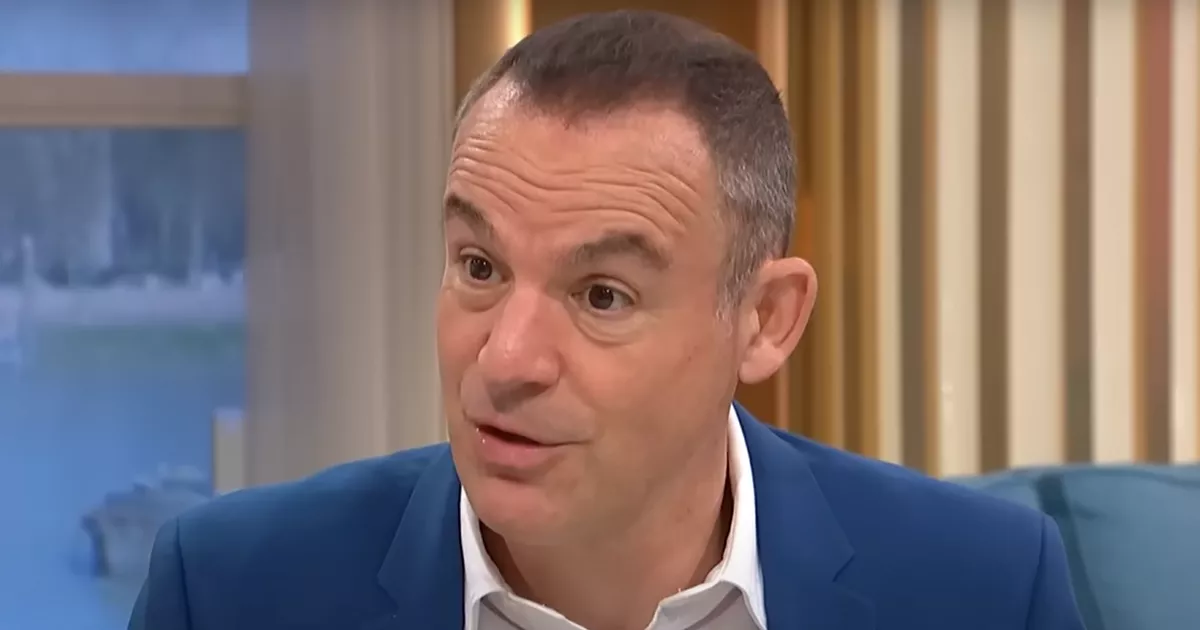Personal finance expert Martin Lewis has issued an update about the state pension amid concerns that it could be taxed next year due to the ‘fiscal drag’ of the personal tax allowance
16:02, 22 Sep 2025Updated 16:02, 22 Sep 2025
 Martin Lewis spoke out to people worried about their state pension being taxed by the government(Image: ITV)
Martin Lewis spoke out to people worried about their state pension being taxed by the government(Image: ITV)
Martin Lewis has tackled worries that people might face tax consequences on their state pension next year. The money-saving expert revealed that numerous individuals had reached out to him, voicing concerns about potentially losing part of their pensions to higher taxation.
He outlined that the problem arises from the personal tax allowance threshold, which was locked in 2021 by the Conservatives at £12,570. Chancellor Rachel Reeves has previously signalled that this freeze will continue until 2028.
Nevertheless, given the current debt crisis gripping the country, some experts have suggested it may be prolonged even further.
Mr Lewis made clear that the ‘fiscal drag’ created by the freeze means anyone earning above £12,570 starts paying income tax at that level. The triple lock system, which guarantees pensions rise annually by the highest of 2.5%, the CPI inflation rate, or wage inflation, could mean that people begin paying income tax next year even if their sole income is the state pension.
He said recently: “I’m getting quite a few people getting in touch concerned “The State Pension will start to be taxed” on the back of newspaper articles. I thought it worth making a few simple points to clear up possible confusions.”
Martin Lewis highlighted the following points:1. The State Pension is already taxable and always has been in my memory, in other words it counts towards your taxable income. Many State Pensioners who have other income too already pay income tax.2. The stories are based on the fact the annual personal allowance – the amount you can earn before any tax is taken – is frozen at £12,570 (this is effectively a way of stealthily raising the tax people pay each year)3. The State Pension annual rise is currently based on a ‘triple lock’ (ie it rises with the highest of avg earnings, inflation or 2.5%).4. The stories are about the fact the triple lock means the current headline £11,973/yr State Pension may rise above the £12,570/yr personal allowance in a few years time. So some who’s only income is the State Pension would then pay tax on the portion above the personal allowance.5. The £11,973/yr quoted is somewhat misleading. It’s the amount someone on the… FULL, NEW State Pension would get. Yet most pensioners (all who hit State Pension age before April 2016) are on the OLD pension, which has a lower basic amount. And many don’t get the full pension as they don’t have enough National Insurance years.”
He went on to say: “So overall, the fact that ‘the State Pension alone may be taxable for some’, is primarily due to the freezing of the personal allowance and the significant annual increases in the State Pension.
Content cannot be displayed without consent
“One way politicians could prevent this would be to raise the personal allowance (for everyone or just for state pensioners). However, it’s worth noting that another solution could be to abolish the triple lock, so the State Pension doesn’t increase as much! I’m not trying to make any political point here. Just attempting to explain how it works as I’ve had quite a lot of questions.”
A campaign aimed at pressuring Rachel Reeves to lift the lowest personal tax allowance threshold witnessed a massive surge in backing following a parliamentary debate.
In an enormous show of anger, people have been flocking to sign a huge petition on the parliament website regarding the matter.
It eventually closed to new signups last week on 281,792 signatures– positioning it as the second largest petition on the platform – one demanding a general election has attracted over 3 million signatures.
At present, individuals start paying tax once they earn £12,570 – and this figure has remained static since 2021, meaning millions more of Britain’s lowest-earning workers have been dragged into the tax net. The petition called on Chancellor Rachel Reeves to increase the threshold to £20,000, arguing it is unfair that the lowest-paid workers should be targeted in this manner through what is termed ‘fiscal drag’.
The petition demanded the Treasury: “Raise the income tax personal allowance from £12570 to £20000. We think this would help low earners to get off benefits and allow pensioners a decent income.
“We think it is abhorrent to tax pensioners on their state pension when it is over the personal allowance. We also think raising the personal allowance would lift many low earners out of benefits and inject more cash into the economy creating growth.”

